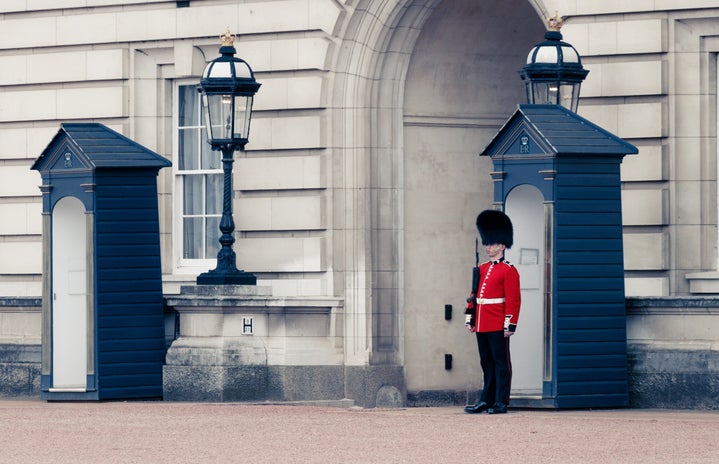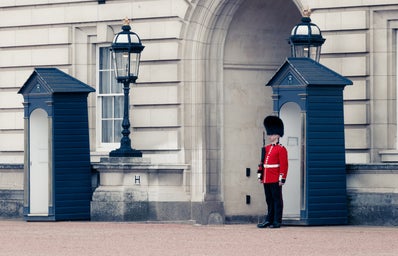English is a strange language. Sometimes, even the people that speak it can’t agree on the correct grammar and vocabulary.
Let’s take a fizzy drink as an example. Do you call it “pop,” “soda” or “Coke,” even when it isn’t one? What about those bugs that light up the sky? They might be “lightning bugs,” “fireflies,” “firebugs” or even “glowworms.”
But no one ‘does’ English quite like the English.
With different accents, spellings, words and phrases, it’s no wonder that so many people in the U.S. are fascinated with their friends across the pond.
Do you want to become instantly more English, and therefore instantly more internally conflicted? If so, here are 10 words and phrases that will help you tap into your inner Brit.
My credentials? I’m a British citizen born in South Africa and raised by a British mother who now lives in America.
- Sorry
-
In 2019, Marie Claire reported that the average British person apologizes about 4,380 times per year, which is approximately eight “sorrys” per day. Although “oops” and “excuse me” are also popular, the collective filler-word for clumsy moments has become “sorry.”
You might apologize to people, but there’s also a likelihood of “sorry” slipping out towards a desk or a doorway. Don’t worry, you’re still using the word properly.
- Brolly
-
This is a fun one to say. Even as I speak it now my lips curl up.
“Brolly” means umbrella. You’re talking a walk in the rain? Don’t forget to bring your brolly, preferably one that has polka dots.
- Trolly
-
With two very different meanings, “trolly” can be a noun or a verb.
You might be referencing the mode of transport made iconic by San Francisco. Or you might simply be gently urging someone onwards — “trolly along dear, you’ll get a handle on it soon”.
- Lorry
-
I’m starting to notice an “-lly” pattern, which I’m not going to break quite yet because like “brolly,” “lorry” is another fun word to say.
A lorry is a very specific type of truck – the massive ones that make you slightly nervous every time you pass them on the highway. Perhaps that’s why this word feels so friendly.
- Brilliant
-
Similar to “sorry,” “brilliant” is a common word that has morphed into a one-stop response capable of replacing the “sounds good” and “cool” that we say in the United States. In addition, it means “very bright” or “exceptional,” which includes intelligence and illumination.
- Cheeky
-
Essentially, “cheeky” means naughty or rude, but in certain contexts there can also be an undertone of fun, as if it’s being said with side eyes and slight smiles.
- Faff
-
“Faff” is almost like an onomatopoeia, at least it is in my head. “Faff” is a verb whose closest relative is “fuss.” A person can faff when they are seemingly doing something, but not making any progress towards getting that something done.
Doesn’t it just make sense?
- Chuffed
-
If you’re “chuffed,” you’re proud. However, it comes without any of the negative undertones. It’s pride, but well-deserved.
- Crisps
-
You’ve probably heard of this one. French fries are chips and chips are crisps. Again, like “faff,” “crisps” are an almost-onomatopoeia.
If you’re ever in a 2 a.m. TikTok scrolling hole, try googling British crisps. You’ll end up with snacks like Monster Munch and prawn cocktails.
- Queue
-
“Queue” can be a noun meaning line, like the ones we stand in at stores, or a verb, meaning to stand in the aforementioned line.
Slide some of these words into conversations with your friends, and see if they notice! Better yet, see if you feel a new sense of British-ness within you.


